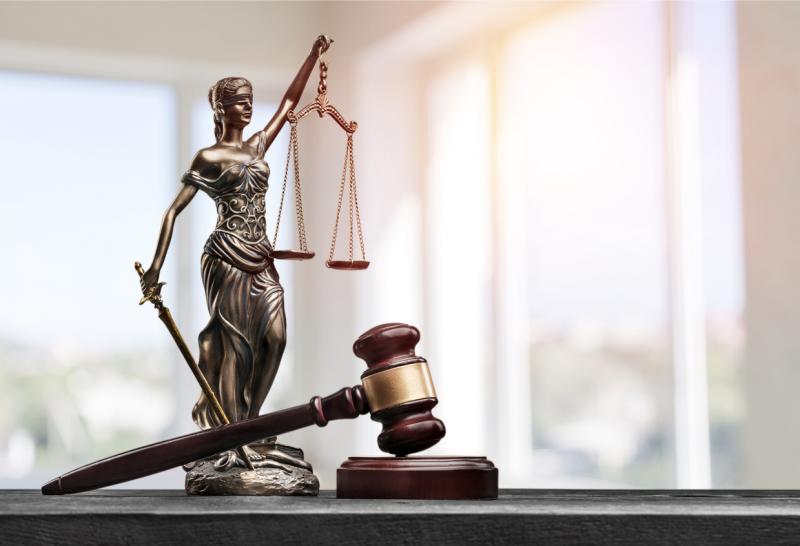Police Report Filed But No Charges: What Does It Mean?

Whether you have become a victim of a crime or have been falsely accused of a crime, it is one of the common frustrations of many individuals: a police report has been filed, but no charges have been laid.
For the victim, there is a feeling that no justice was handed. For the accused, it means that while they might enjoy temporary relief, there is a potential charge hanging over their heads. Getting answers can help clarify any concerns for both parties. Here is what it all means.
What is a Police Report?
Simply put, a police report is a document drafted when a crime is reported to the police, usually at the station. They commonly include the names of the victims, the suspect perpetrators, the type of offence and any potential evidence or witnesses to the crime.
The officer might bring in the defendant for a conversation about the crime or speak to other potential witnesses. From there, they review the report to determine if there is substantial evidence to proceed with a criminal charge.
Police will keep the file in case they need it in the future.
Why Were No Charges Laid?

There is a lengthy process to being charged with a crime. Police and prosecutors cannot just arrest someone when they are accused of something. There must be substantial evidence to prove that they are indeed guilty of the crime. A police report in some cases, might not be enough to prove that the crime was committed.
An investigation will have to commence to prove if the report was indeed true. Without substantial evidence to prove the case, the prosecution would fail to get a conviction, thereby ending any chance for justice.
If there is substantial evidence, which has been properly collected, then the police will lay charges when they believe the person has committed a crime.
Most importantly, while charges might not be laid right away, they can be applied in the future. In many cases, it’s just a matter of time.
The Importance of No Statute of Limitations
Unlike the USA, Canada does not have a statute of limitations. This means that police can charge someone with a charge years after it has taken place. This can include all types of serious and major crimes, such as murder, sexual assault and robbery.
However, there are exceptions, known as Summary Conviction Offences.
Summary Conviction Offences usually refer to the least serious criminal matters that are meant to be resolved quicker, usually with a judge but not jury. Some examples include causing a public disturbance, carrying a weapon or public nudity.
In a bid to get these matters resolved, the prosecutors and the police have a limitation period of 12 months from the date of the crime to submit a charge. If the time period has elapsed, the person cannot be charged for the crime.
However, if the crime is not considered a “Summary Conviction Offence”, then there is no statute of limitations to be applied.
What Does This Mean for the Accused?
Basically, those accused of the crime can be charged with it several years down the line. Once the police have collected enough evidence on you, they can proceed and lay down the suspected charges. At that point, the Crown prosecutor will step in and take over the prosecution. In some situations, the accused will be imprisoned or granted bail with specific rules to follow during their time out.
For accused people, this can be a traumatic experience, as their lives will be turned upside down. Particularly if the person is innocent of the crime, or has vague recollections of what occurred to prove their innocence.
It’s viable in situations like this to speak to a lawyer with experience in the similar crimes, such as sexual assault lawyer for sex-related charges, or domestic violence lawyers for similar charges.
They can guide you and provide you with information on the best course of action to prove your innocence, such as criticizing evidence, getting witness testimonials and reviewing the police procedure. They can try to reduce your sentence (if you are indeed guilty) or sign you up for Court-mandated courses or restrictions, such as peace bonds.
It’s best to consult your lawyer as soon as possible if you have been charged with a crime.
More to Read:
Previous Posts:










